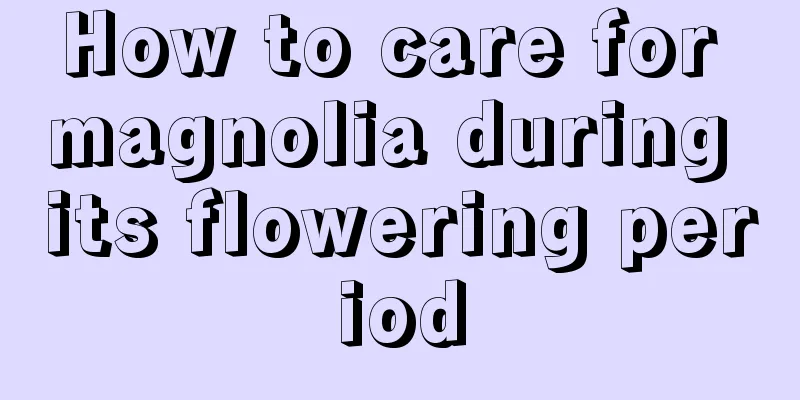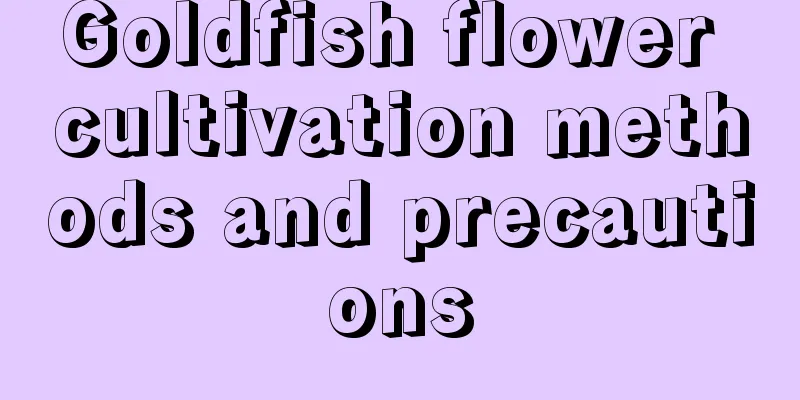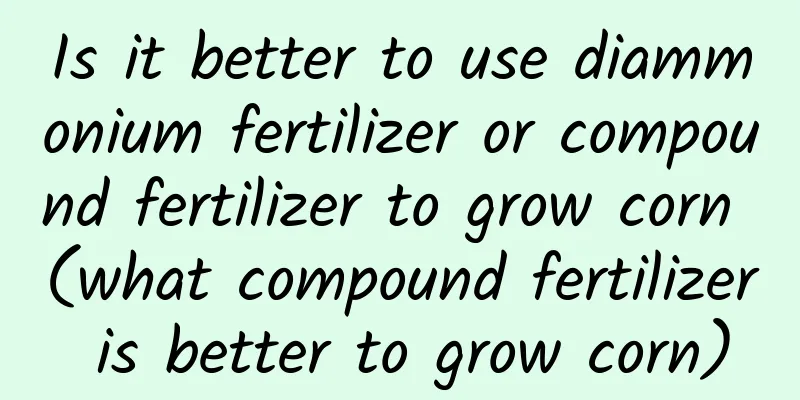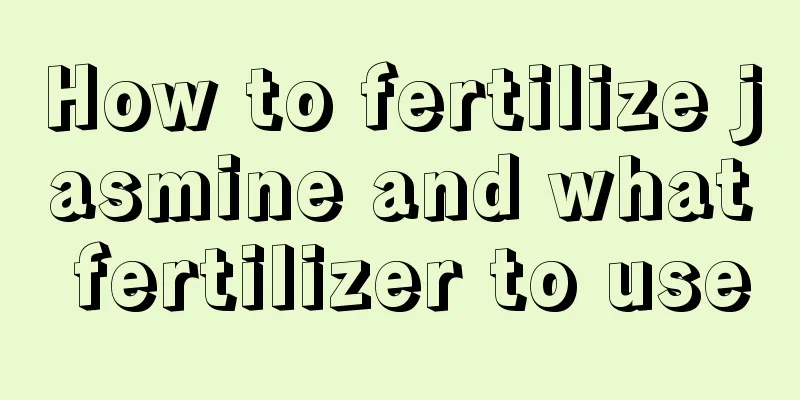Learn these tips, lazy people can still grow flowers easily

Indoor flowers and plantsChoosing Plants1. Choose hydroponic plants. For example, lucky bamboo and golden pothos do not need soil at all. Just remember to add water, add water, and add water. It is very simple and convenient. And hydroponic plants do not require time to clean up spilled soil. 2. Choose foliage plants. For example, Alocasia odora and Syngonium, the fertilization and daily maintenance of foliage plants are relatively simple, and they are easy to take care of for flower growers. Choose a water-soluble fertilizerFor indoor flowers and plants, you can choose water-soluble fertilizers. Dissolve the fertilizer in water according to the instructions and apply it to the flowers and plants. This is equivalent to watering and fertilizing at the same time, which is really convenient. Choose mineral water bottle for wateringFill a mineral water bottle with water and place it next to the potted plants. Water them as you pass by. This way you won’t forget to water them often, or have to go through the trouble of specially filling some water to do so. Moreover, if you keep the water in a mineral water bottle and let it sit, the chlorine in the water can evaporate, making it more beneficial to the plants when used for watering. Make an automatic watering can out of cotton string1. Take a piece of thick cotton thread, tie a knot at one end and insert it into the bottom of the potted plant. 2. Find a beautiful container that allows the bottom of the potted plant to hang in the air, fill it with some water, and place the potted plant in it. In this way, the cotton thread can continuously absorb moisture into the potted plant, and there is no need to water it separately. This can last for about a week, and you can replenish the water in the container when it is less. Outdoor flowers and plantsChoose drought-tolerant plantsChoose drought-resistant plants such as succulents and bamboo. Even if you always forget to water them, you can rely on rain from heaven, so it is easier to take care of them. Choose a larger basinThe pot is relatively large, so it is of course more convenient to water and fertilize. Sometimes, we can also put some plants with similar properties in large pots to form large potted plants, which will reduce the cost of care. Ventilation to prevent pestsRemember to ventilate your home frequently. Good ventilation can prevent diseases and pests, and save you a lot of trouble! Use slow-release fertilizersThe nutrients in slow-release fertilizers are released slowly in the soil and can be slowly absorbed by plants. Slow-release fertilizers are cheaper and come in larger quantities. One use can last for two or three months, making them more suitable for outdoor potted plants. When using, just apply the fertilizer according to the package instructions. |
<<: The fallen leaves were inserted into the soil, and the pot was full of flowers the next year.
>>: How to behead in the quiet night
Recommend
Can pumpkin seeds be planted?
Can pumpkin seeds be planted? Pumpkin baby seeds ...
How does Kalanchoe survive the winter? Can it be fertilized?
1. How does Kalanchoe survive the winter? 1. Incr...
How to grow mint more vigorously?
Mint is an extremely tough plant with very strong...
What to do if the fairy finger is soft and limp? You can remedy it this way!
Possible reasons One reason is that we water too ...
Can sunflower seedlings be exposed to the sun? How can they grow healthily?
1. Can I sunbathe? Sunflowers themselves are very...
How to prune the bird's nest
When to prune the bird's nest When pruning th...
When is the best month to plant lettuce in the north? When and how to plant lettuce in the north
Lettuce is a common vegetable in daily life. If t...
When will the lucky charm bloom?
1. The flowering period of this plant Normally, i...
How to care for hydroponic copper coin grass seeds
Method of hydroponic cultivation of copper coin g...
Cultivation methods and precautions of Melaleuca alternifolia
1. Lighting Melaleuca itself prefers sunlight, so...
How much is the average yield of corn per mu? The cost and profit of growing corn
Corn yield per mu The per-acre yield of corn is g...
How often should I water the white palm?
How often should I water the white palm? Anthuriu...
What fish can be kept with water lilies?
1. Types of fish If you raise water lilies and fi...
The bonsai I bought for 100,000 yuan died before the end of summer. I’m so heartbroken!
Bonsai is different from ordinary potted plants. ...
How to water June Snow
Watering time and method of June Snow: The temper...









